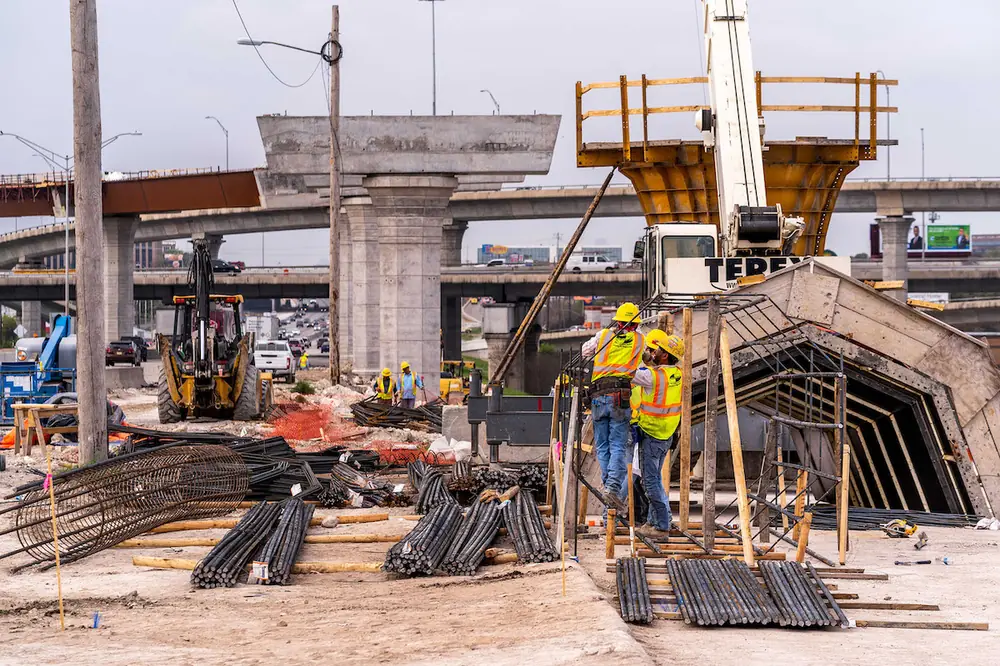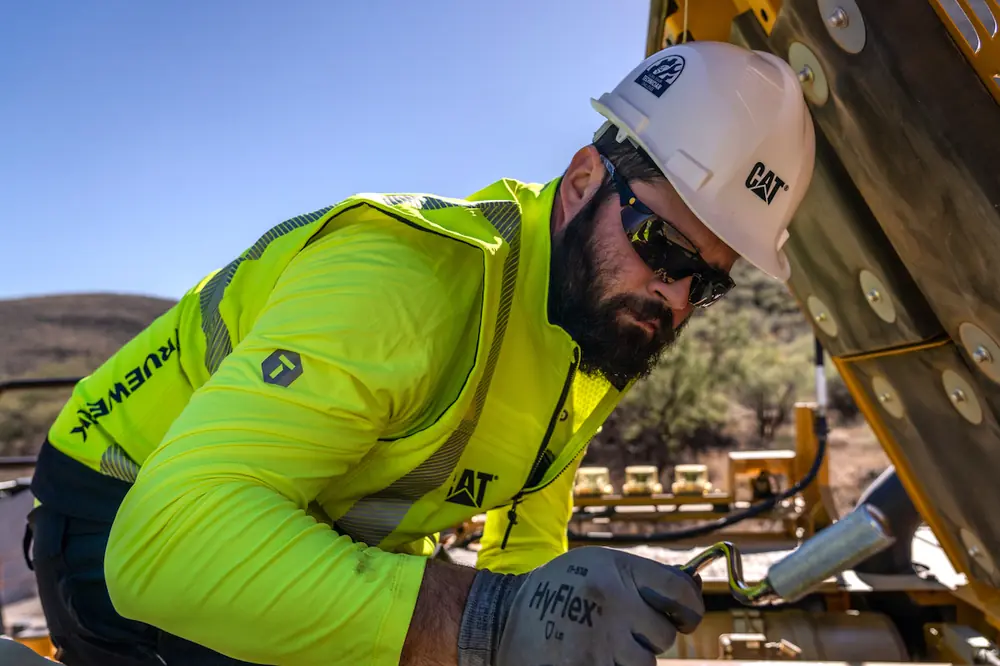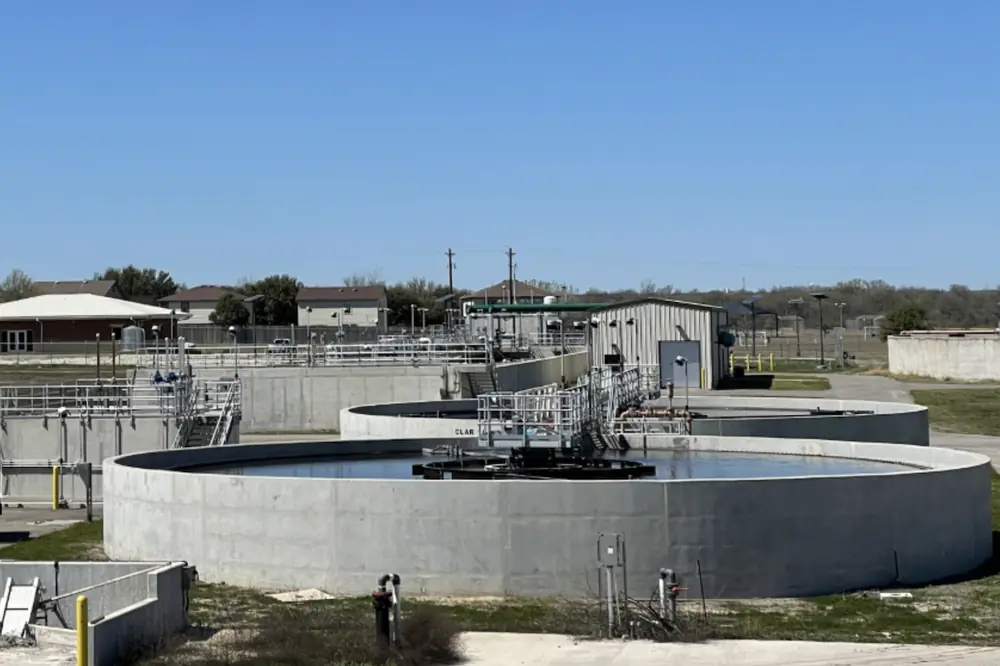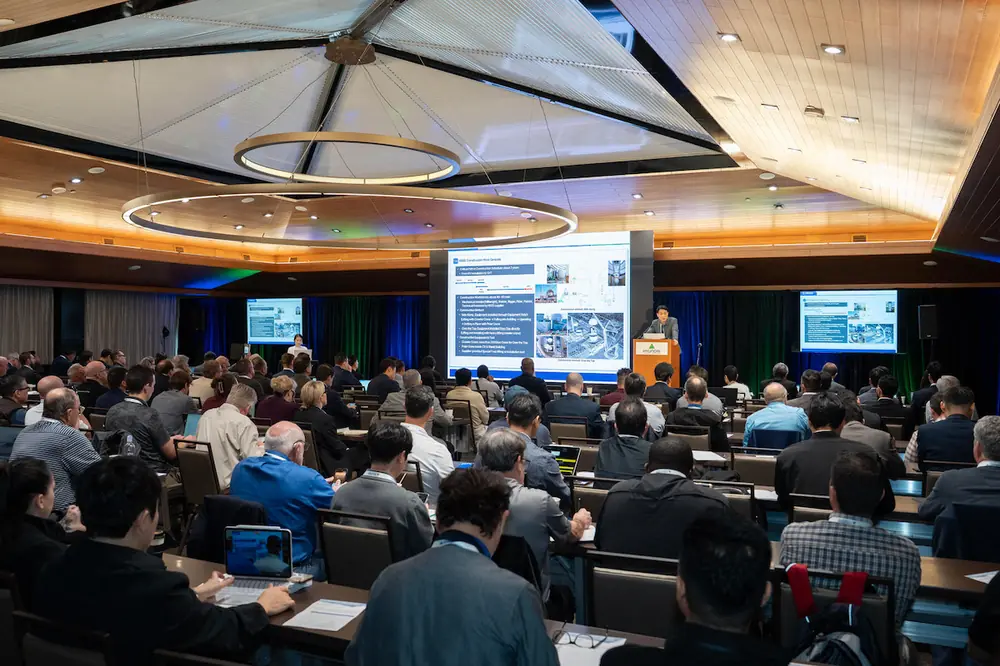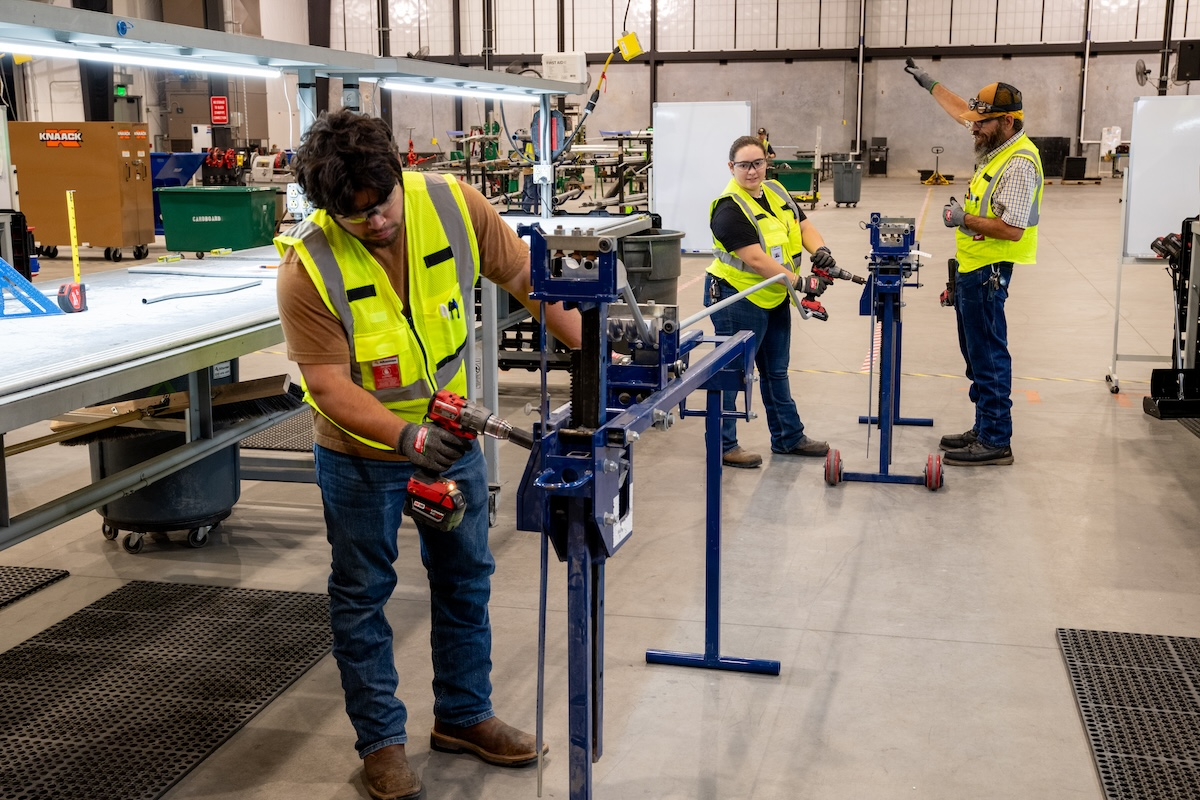Consider your doctor’s situation. If there is a dispute regarding the quality of services, it will be handled under the law of negligence. After all, the patient didn’t specify the doctor’s precise actions and procedures. A court would ask if the doctor followed the standard of care. And experts can and will disagree on whether they did, and even what the standard of care is.
But in construction the standard of care is less important, if important at all. Written contracts specify exactly what performance is required, and when. We could write an entire article on the importance of understanding and agreeing upon those requirements. But today’s article is about the provisions that allow the parties to change the contract scope, time, and price.
The changes clause allows an owner to make changes to the contract and they provide corresponding rights to adjustments of price and time. We often see disputes about the cost or time of a change or a delay. Perhaps these are unavoidable, but the disputes that might be avoided are disagreements about whether the parties seeking a change order or claiming time or money followed the contractual procedure.
Most construction contracts set out procedures for making or claiming changes and also require notice of the event precipitating the change request within a certain amount of time. Some can seem draconian. It is not uncommon for the prime contract to state that if the prime contractor fails to give notice, it has waived its right to receive a change order for that event.

| Your local Hitachi dealer |
|---|
| Bane Machinery |
| Bane Machinery |
| ASCO Equipment |
Are these enforceable? In Texas, courts often say that the parties to a bargain enjoy freedom of contract. But courts and arbitrators may explore other evidence. Common arguments include actual notice and constructive notice. In other words, even though the responding party did not receive actual written notice from the claimant in the form required by contract, that responding party knew of the potential claim.
One of my partners tried a case where the defendant, a city, offered a notice defense – the contractor simply didn’t provide written notice. But the City’s documents included a memo from the City Engineer that described in detail the events and predicted that the contractor would bring a claim. The memo actually predicted how and what the contractor would claim. The city had actual notice, and the federal judge trying the case dismissed the notice defense immediately.
Another example might be a project stopped for a week because of a hurricane. The contract may have required the prime contractor to provide written notice to the owner of a force majeure event. But if the contractor didn’t follow the procedure, it could still argue that the owner had constructive notice because, well, it’s a hurricane.
So you may avoid a draconian result if you fail to follow the contract’s notice provisions. But is this a fight that you want to add to your dispute?
The better practice is to be proactive in determining the contract requirements for requesting changes to the contract. Your pre-project contract review should identify the notice obligations in the contract. This includes notice obligations for change requests or unexpected differing site conditions. It might also include issues like supply chain disruption, material price escalation, or labor shortages. Are they reasonable? If not, can you negotiate them?

| Your local Hitachi dealer |
|---|
| ASCO Equipment |
Also, your project team should be familiar with whatever terms are included in the contract. We have seen contractors require the project team to fill out a questionnaire. Other contractors have their office, or their counsel, summarize those provisions in a memo. However you do it, put yourself in a position to know and follow the contract’s procedures so that your discussion of the merits of the change aren’t complicated by procedural issues.
This practice applies equally to prime contracts and subcontracts. Subcontractors sometimes have a steeper hill to climb, because many subcontracts incorporate the prime contract by reference, and require notice in time for the prime contractor to comply with the owner’s notice process. Thus without specifying dates or durations the subcontract requires notice in a shorter period. This is just one more reason that when a subcontract incorporates the prime contract by reference, the sub should request a copy of that prime contract and be familiar with its terms. A prime contractor can do the same with an owner for documents incorporated into the prime contract.
Fast forward to an ongoing project where you have been requesting, and receiving, changes to your contract without following the proper procedures. In other words, one of the parties to the contract has been seeking changes from the other party without following the steps laid out in the contract and the other party has not objected and actually approved the change requests. All seems well, right? Maybe not. Can you rely on verbal approval from the owner’s representative for the next change? We see this situation commonly, particularly where the next change has a larger time or price tag.
Someone may read the contract and deny a verbally authorized change despite the precedent if the contractual process isn’t followed. There are a number of ways to handle this situation, possibly prescribed by the contract. But many or all of those options involve disputes and potentially attorney’s fees and expert’s fees.
A better practice would be to head off that situation before it arises. Inform your project team of the importance of following the change order request procedures in your contract. Establish a clear internal procedure for noticing, documenting, informing the necessary parties, and providing the necessary information to those parties following the contract’s dictates. Taking the time to establish and follow those procedures may not eliminate a dispute over the claim’s merits. But it can put you in a good starting position to work through the claim.

| Your local Sennebogen LLC dealer |
|---|
| WPI |
| ASCO Equipment |
| WPI |
| ASCO Equipment |
Admittedly, notice can be seen as another burden brought by the contract. But you want the owner to know about the problem. We had a case not long ago where notice spurred the owner to expedite utility relocation and avoid the delay altogether. But even without that good fortune your notice puts you in a position to focus on the substantive dispute, without the procedural sideshow. This can save you money, stress, and time on the back end.
JD Holzheauser is a Senior Counsel at Peckar & Abramson, P.C. He can be reached at jholzheauser@pecklaw.com and 512.236.0009












